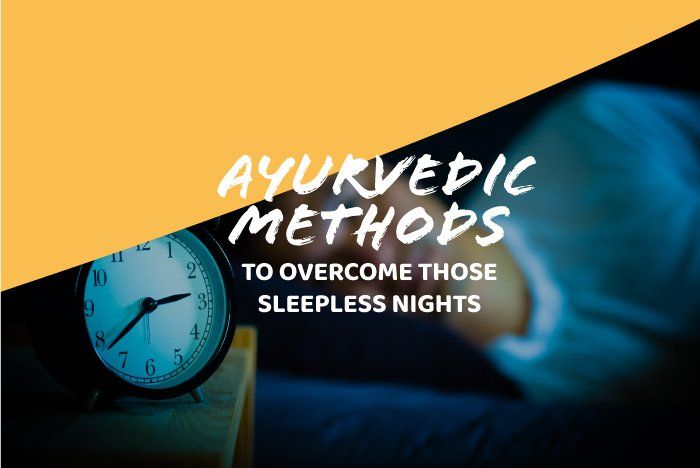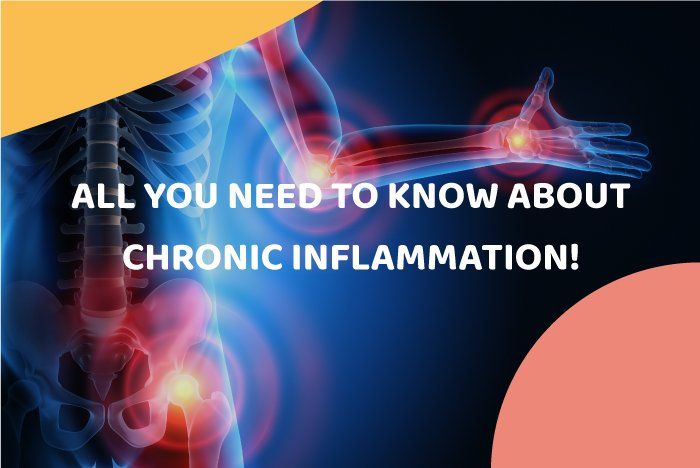Blog Layout
Your Daily Dose of Vitamins
Sep 09, 2020
Fat-soluble vs Water-soluble
We often think that more is better. But this mentality doesn’t always hold true, especially when talking about health. Today we discuss how easily a good thing such as vitamins can turn bad if taken in excess.
In their everyday life, people tend to exceed dosage recommendations when it comes to vitamins, as they are not usually considered to be dangerous. But is this practice really safe?
First of all, you should get to know what you are ingesting. There are 2 groups of vitamins:
Water-soluble vitamins
(Vitamins C, B1, B2, B3, B5, B6, B7, B9 & B12) are the most frequent. They’re not stored in the body since they are evacuated through urine, which makes them less dangerous to consume in high quantities (but less dangerous doesn’t mean safe!).
Fat-soluble vitamins
(Vitamins A, D, E & K) do not dissolve in water and are stored in the body, which means that they accumulate in your system (more specifically in the liver, skeletal muscle and adipose tissue – also known as body fat). Accumulation in turns can lead to toxicity if you consume these vitamins in high quantities.
For this reason, you should always take note of the upper intake level (UL) of your vitamins, which stands for the highest amount of a supplement a healthy individual can generally take without it being dangerous.
But can vitamins really harm you?
Vitamins ingested naturally through your food are unlikely to hurt your health. But be careful not to overdo it when taking vitamins as supplements, as it could do more harm than good. Be aware of the side effects these supplements could provoke if taken in too-big amounts:
- Water-soluble vitamins:
While the toxicity of some water-soluble vitamins is negligible, some noteworthy side effects include:
o Vitamin C:
gastrointestinal disturbances (like diarrhea, cramps, nausea or vomiting). Higher doses (6 grams per day) can lead to migraines.
o Vitamin B3:
high blood pressure, abdominal pain, impaired vision, and liver damage if ingested in the form of nicotinic acid and in high doses (1 to 3 grams per day).
o Vitamin B6:
severe neurological symptoms, skin lesions, light sensitivity, nausea or heartburn if overconsumed on a long period of time (1 to 6 grams per day could cause symptoms to appear)
o Vitamin B9:
may lead to affected mental function, negatively impacted immune system, and may mask a potentially severe vitamin B12 deficiency.
- Fat-soluble vitamins:
Their side effects include:
o Vitamin A:
Nausea, an increase of intracranial pressure, and could even lead to a coma or death.
o Vitamin D: Loss of weight & appetite, and irregular heartbeat. Could also increase blood calcium levels which may lead to organ damage.
o Vitamin E:
Interference with blood clotting, which can cause hemorrhages and lead to hemorrhagic strokes.
And even though vitamin K has been deemed the “safest” of the fat-soluble vitamins, it still has a potential to negatively interact with other medication you could be taking (for example antibiotics), so proceed with caution.
And yes, deadly organ damages can be caused by extremely high doses of vitamins, but these cases are very rare. Nevertheless, always stay aware of the safe doses and be careful of the quantities of supplements you ingest. People need to supplement their intake for many reasons (age, disorders, health conditions…). Refrain from taking more than the supplement’s recommended UL, unless your doctor told you to (every body has its own special needs and necessities).
Finally, our best piece of advice when it comes to your health is to ask a professional. We can’t emphasize enough the importance of always checking in with your doctor before starting any treatment or taking supplements. We recommend to get professionally checked first for any deficiency through a panel or blood test, and then consider the type of vitamins that you’ll benefit from.

25 Mar, 2021
Have you ever just lied in bed, thinking you were ready to fall asleep on the spot, but end up wide awake staring at the ceiling? Or went to bed at 10 p.m. but didn’t manage to actually fall asleep until 3 a.m.? Us (and 30-45% of the adult population worldwide) too!
The worst part is that you don’t voluntarily do that; it just happens. It’s like your own brain doesn’t want you to fall asleep. And out of frustration, you start searching everywhere for a solution that will help you get a good night’s sleep. It works out sometimes, but other times, its effects only last for about a week. But, do not despair, we may have found the perfect solution: Ayurveda.

18 Mar, 2021
We’ve all gotten a cut somewhere on our body before, and we’ve all noticed the red swelling that occurs around that cut area, which naturally fades away after it’s healed.
If you’ve ever noticed that, then congrats! You’re the witness of a marvelous immune response called inflammation; our bodies’ natural fight response to any foreign agent trying to harm them!

11 Mar, 2021
Nothing gets us through the long work days like a deliciously warm cup of coffee. But no matter how much we like it, coffee comes with some disadvantages. While it’s the second-most consumed beverage around the world, some people just can’t drink it, don’t like it, or are looking for an alternative that comes without the afternoon jittering!
So, we’ve decided to compile three easy alternatives that will help support your energy levels and offer you even more benefits than coffee!

